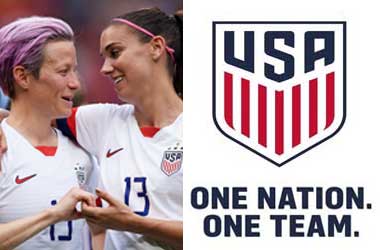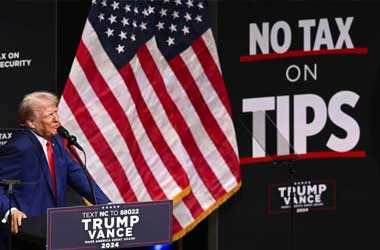 Legal sports betting could be on its way to Missouri.
Legal sports betting could be on its way to Missouri.
Senator Denny Hoskins (R-District 89) has recently presented a bill, known as SB44, to legalize sports betting.
SB44 is the only sports betting bill in the country at this moment that features an “integrity fee”, which would be paid back to the state to be used for repairing, maintaining and building sports venues.
The bill is unique in that it doesn’t satisfy the professional leagues, who would rather have the “integrity fee” paid back to them. It also doesn’t completely satisfy the gaming industry, who of course want as few taxes and fees as possible, therefore adding to their revenue.
When asked about his idea of the bill by his colleagues,
Every once in a while I do come up with a good idea, and it just kind of came into my head one day. With the leagues, it’s hard to justify giving them any money.
The bill calls for a 0.5 percent “integrity fee”, which would come of the top of the total handle that sports betting produces. The fee would be given to a newly created “Entertainment Facilities Infrastructure Fund.”
On top of the 0.5 percent “integrity fee”, SB44 also calls for a 12 percent tax rate, as well as a 2 percent administrative fee. It also mandates the use of “official league data” and would allow the professional leagues to determine which bets can and cannot be placed.
SB44 would also allow for mobile and online betting. Bettors would, however, need to register in-person for their sports betting accounts, something other states have been against. New Jersey allows residents from all over the state to register remotely without visiting a casino, something Pennsylvania also plans on doing once they get mobile betting operational.
SB44 would also allow for sports betting on excursion gambling boats.
Hoskins’s bill seems to be more geared towards “league friendly” than most other bills. According to Hoskins, casino representatives were vocal in their opposition to many aspects of the bill.
The idea of an “integrity fee”, along with data mandate, are a couple of aspects that casino representatives are against. However, the biggest opposition came with allowing the league to dictate which bets the casinos can and cannot offer.
They don’t like that the sports leagues could if they don’t like a certain kind of bet, they can just notify the gaming commission, When you talk to the sports leagues, they say, ‘we don’t want people to be able to bet on something that one player can control’. They don’t like that. But I see some credence to that, and I don’t know, maybe we come to a compromise that if sports leagues don’t like certain kind of bet, then they can take it to the commission, and then there would be an appeals process
Hoskins has been talking with representatives from the NFL, MLB, NBA and the PGA Tour leading up to the hearing. The professional leagues didn’t testify at the hearing, which was held on Thursday, January 31. Which doesn’t come as much of a surprise, since they seem to be getting the most of what they want out of a new sports betting law.
Hoskins’ bill isn’t the only one currently circulating in Missouri at the moment. SB44 is one of the two bills in the Senate, the other being Senator Lincoln Hough’s (R-District 30) bill, SB222, which calls for a 6.75 percent tax rate.
The other being Representative Cody Smith’s (R-District 163) HB119. HB119 calls for a 1 percent fee that benefits the professional leagues, as well as the NCAA. On top of that, it has a 6.75 percent tax rate as well but does not allow for state-wide mobile sports betting.
Hoskins believes that it will be a combination of all three bills that will finally make it to the Senate and House floors. He also believes that the proposed tax on sports betting would create anywhere between 6 and 21 million dollars in revenue for education programs. On top of that, Hoskins also said that the revenue from the fees on sports betting would support veteran programs as well.
I’ll be the first to admit this is not the pot of gold at the end of the rainbow. And it will not solve all the needs and wants that we have in the state of Missouri. But it is a start.
Hoskins knows that his bill is just the beginning step on a long path to legalization. The bill, which could get to a committee vote as soon February 7th, would require five out of eight votes from the committee, of which Hoskins is the chairman.
I think nothing is off the table and that we can come to some sort of compromise

 United States
United States United Kingdom
United Kingdom













